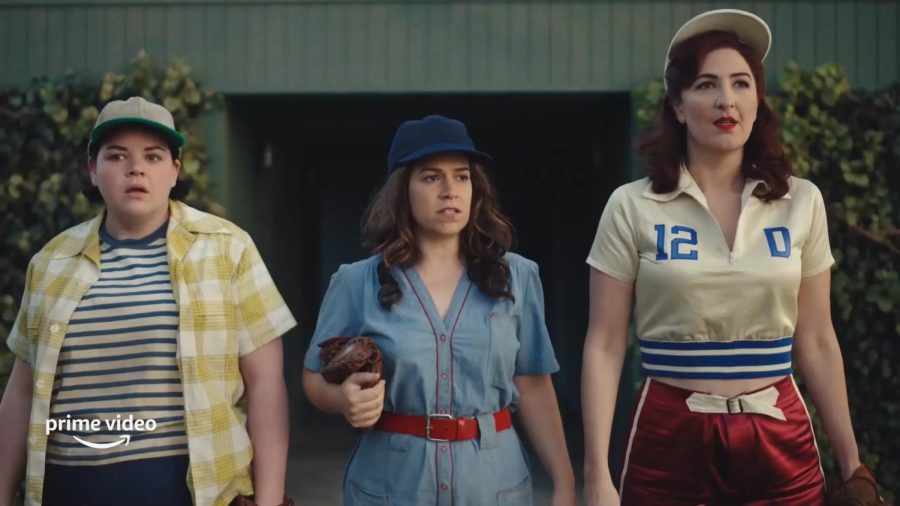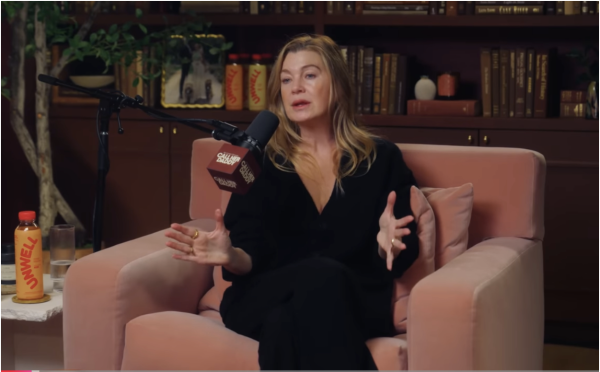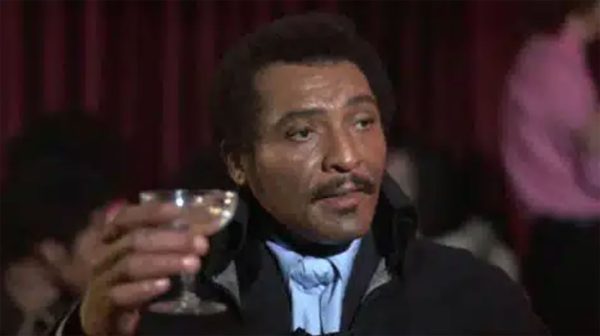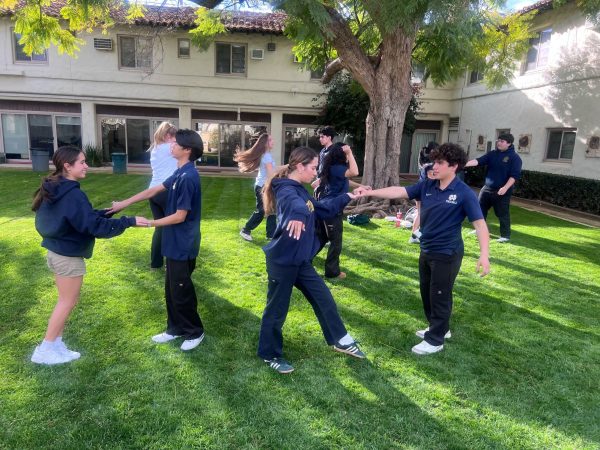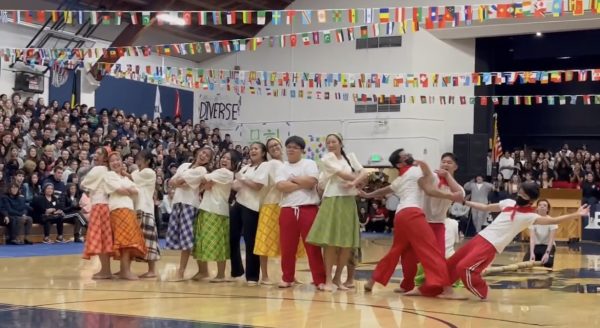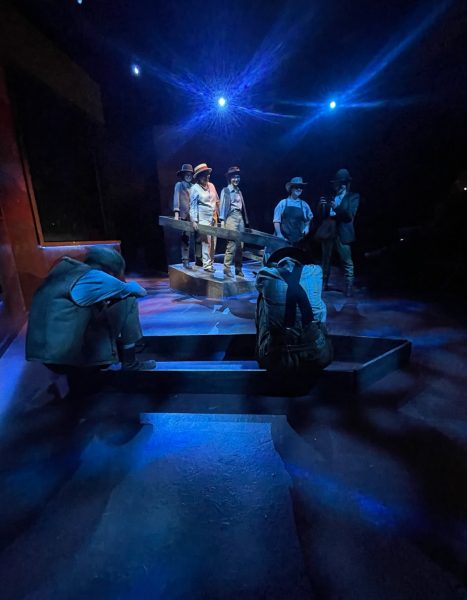A Home Run for Representation
The incredible LGBTQIA+ representation in the renewed storytelling of a classic film.
“There’s no crying in baseball!” This famous line from the classic 1992 film, A League of Their Own, is so iconic you might’ve even heard Tom Hanks’ voice when you read it. We’re all well aware of how frightening an attempt to recreate something that iconic can feel. It seems almost impossible to successfully remake such a beloved film and not ruin the most famous moments or lines.
Fortunately, Abbi Jacobson and Will Graham, the creators of the 2022 show, A League of Their Own, were smart enough not to duplicate the movie, but rather make something almost entirely different, with details based on the original.
The Amazon Prime series includes familiar elements from the Penny Marshall film, but expands aspects of the story into a completely new and refreshing narrative. There are clever callbacks to the original movie, including the famous line previously referenced, as well as the impressive bare-handed catch by Gena Davis’ character. Aside from these similarities, the show mainly focuses on the experiences of queer and black female baseball players during the 1940s.
The series reflects true aspects of the real Peaches baseball team that the 1992 film neglected to acknowledge, such as the large number of players that were a part of the LGBTQ+ community. In efforts to accurately represent the girls, the show creators consulted Maybelle Blair, a player on the original Peaches. Blair confirmed that most of the members of the league were queer, and revealed for the first time in her life that she, in fact, is one of them. Blair came out as a lesbian at the age of 95 and was finally able to embrace her true identity becuase of this show.
Rather than simply having one or two characters in the LGBTQ+ community, like numerous modern “queer shows” do, almost every main character in the show is queer, as well as many of the actors portarying them. This kind of representation is incredibly powerful and absolutely vital for people of all generations, but especially children and teens, in order to be able to accept themselves, feel like they’re not alone, and comfortably grow into their identities.
Lake Merritt ‘23, Co-President of the Pride Club, said, “It’s so cool to see actual queer women playing baseball at that time. It’s a very accurate representation of LGBTQIA+ people.”
This show not only displays the struggle of being queer in the 40’s, but it also beautifully highlights the deep love, joy, and community found between queer women at a time when that was almost impossible to get from anyone else besides each other. Even in today’s world, the only place that many young queer people feel safe enough to fully be themselves and be loved is with other queer people. The show wonderfully demonstrates how special and powerful that connection is.
Josie Lafontant ‘23 said, “Stereotypes in the media are created when there is not enough representation of something. The more representation of individual stories there are on screen, the more complexity and nuance is given to the queer perspective.”
Despite there being many Black female ball players back then, the original movie failed to explore their stories any further than a brief moment in which a Black woman impressively throws a ball from the stands onto the field. Contrastingly, the new TV series has a storyline entirely separate from the Peaches, which follows a queer Black woman whose dream it is to play baseball professionally. The show includes the tremendous hardships of being a female Black athlete, while also emphasizing the strong friendships and bonds that people of color made during these times in order to persist.
While showing the intense homophobia and racism in the history of sports in America is absolutely necessary, it is just as important to show how these communities came together with beautiful, loving connections, powerful enough to overcome the discrimination. By foregrounding these aspects of the minority viewpoint, the creators built a touching story and an important piece of media that society needs to pay attention to.

